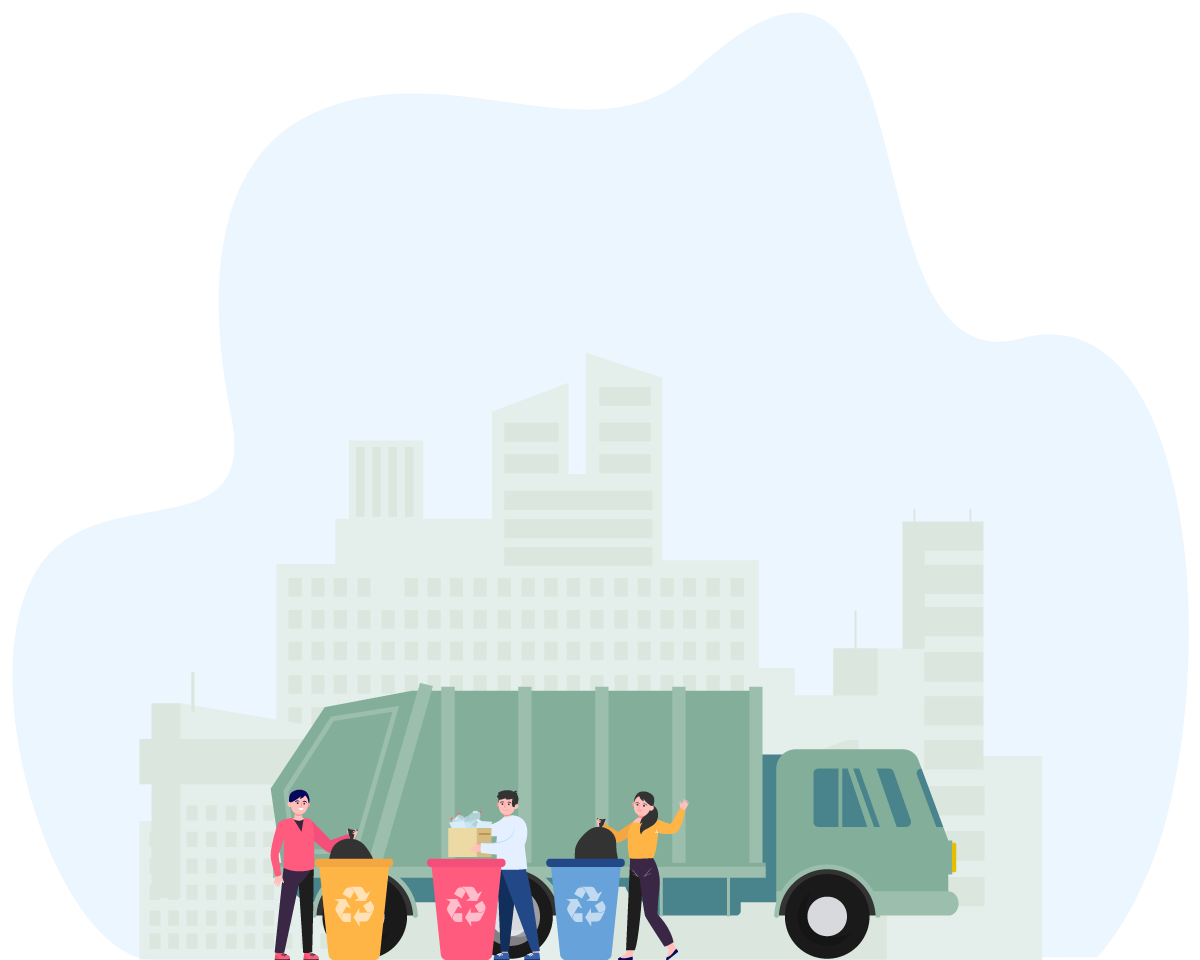
In the Sudoe region, which encompasses the Spanish autonomous communities (except the Canary Islands), the southwest regions of France, the continental regions of Portugal, Gibraltar and the Principality of Andorra, each individual generates 136 kg of organic waste per year.
Thus, the generation of 11 million tonnes of organic waste per year is achieved, 9 of which are food scraps.
In the case of sewage sludge, the figure for this waste reaches 1 million 300 thousand tonnes per year.

